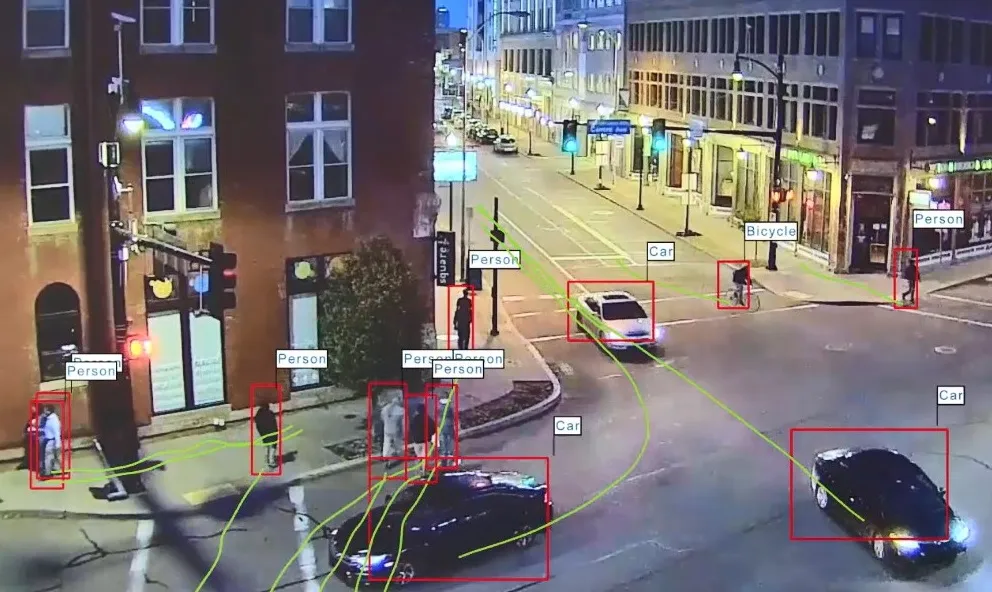Wellington City Council in New Zealand has begun to trial Smart Parking’s bay sensor technology with the installation of an initial 72 sensors. On completion of a successful trial, which is scheduled to run to the end of April, the council plans a US$1.05 million rollout of 4,000 sensors across the inner city streets. The parking solution will also include Smart Parking’s SmartApp which will allow motorists to identify streets with available bays and avoid driving around searching for a spot on roads which
February 19, 2015
Read time: 2 mins
RSSWellington City Council in New Zealand has begun to trial Smart Parking’s bay sensor technology with the installation of an initial 72 sensors. On completion of a successful trial, which is scheduled to run to the end of April, the council plans a US$1.05 million rollout of 4,000 sensors across the inner city streets.
The parking solution will also include Smart Parking’s SmartApp which will allow motorists to identify streets with available bays and avoid driving around searching for a spot on roads which are already full.
The move will allow parking wardens to get real-time information about where people are overstaying. Equipped with this information, they will have more time to guide and provide advice to motorists by helping to direct customers looking for parking to nearby available casual parking places.
The system could also provide an opportunity for ‘dynamic parking, where the price would drop as more parking spaces became available.
“Early data from the trial suggest it is very successful” council spokesman Richard MacLean said. “Sensors have already been used in New Plymouth but technology has moved on considerably, and the equipment proposed for Wellington can do much more”.
Larry Eade, Smart Parking’s New Zealand head of Operations commented “The move will make finding a parking space easier whilst reducing congestion and improving motorist satisfaction in the process”.
The parking solution will also include Smart Parking’s SmartApp which will allow motorists to identify streets with available bays and avoid driving around searching for a spot on roads which are already full.
The move will allow parking wardens to get real-time information about where people are overstaying. Equipped with this information, they will have more time to guide and provide advice to motorists by helping to direct customers looking for parking to nearby available casual parking places.
The system could also provide an opportunity for ‘dynamic parking, where the price would drop as more parking spaces became available.
“Early data from the trial suggest it is very successful” council spokesman Richard MacLean said. “Sensors have already been used in New Plymouth but technology has moved on considerably, and the equipment proposed for Wellington can do much more”.
Larry Eade, Smart Parking’s New Zealand head of Operations commented “The move will make finding a parking space easier whilst reducing congestion and improving motorist satisfaction in the process”.








